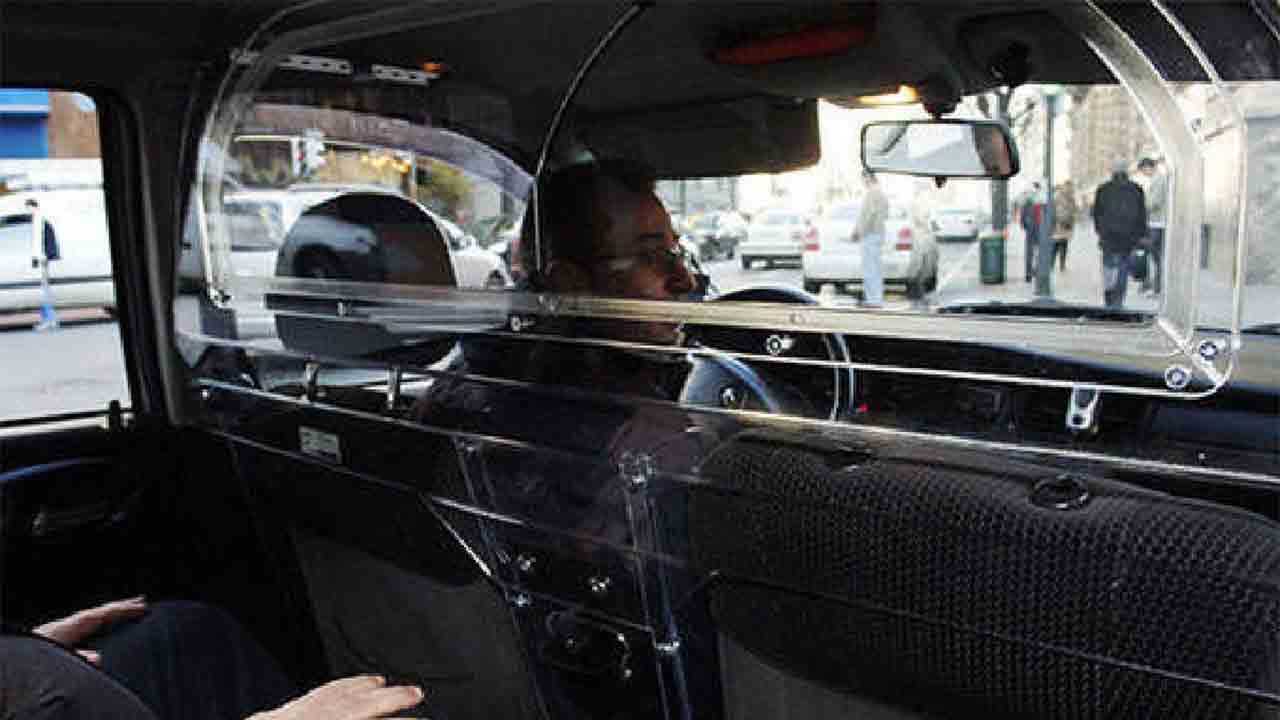The time may be in November: a rapid test for the detection of the corona virus. The test result is delivered within the hour and should put an end to the time-consuming fumbling around the current test policy. And a corona vaccine? If all goes well, early next year.
These are recent forecasts by Minister of Health Hugo de Jonge. This raises concerns about its feasibility. Because the track record of the Corona Minister – he succeeded the exhausted Bruno Bruins in March – in the field of keeping promises is not over.
Where many drivers follow the adage for safety reasons underpromise and overdeliver this would seem to be the opposite for the CDA party leader. De Jonge has a handful of solid promises to make.
Corona-app
Take the corona apps. They would ‘actually form the core of the new testing policy’, he said at the beginning of April. They had to be ready that same month. There followed a ‘appathon‘where none of the candidate apps met. In the months that followed, the plans were drastically changed. It is now expected that the so-called CoronaMelder will be introduced within a few weeks, whereas other countries did much earlier.
De Jonge also made a mistake at the beginning of May with the use of telecom data desired by RIVM, when he suggested in a letter to the Lower House that the Dutch Data Protection Authority had approved. After an angry press release from the regulator next one rectification note from De Jonge to the House.
Also remarkable was De Jong’s performance at the end of March, when he came under pressure in a parliamentary debate to promise that the IC capacity (approximately 1100 beds prior to the corona crisis) could be increased. During the debate, a Ministry official called Diederik Gommers, the chairman of the Intensive Care Association, asking if there would be 1,600 beds a few days later.
Appje
“Would I just promise that,” Gommers said afterwards de Volkskrant. “Even though I did not know and have no influence on the available ic beds. Then I thought: it has to be done. ” When asked, Gommers also confirmed it in an app. De Jonge then reported to the Chamber with relief: “Gommers confirms that from 1 April it can be switched up to 1600.”
With that, the cold was out of the air for the minister. In the meantime, Gommers was worried whether his promise could be kept – which worked.
Last month, De Jonge announced in a letter to Parliament that the advice to infected people to go into quarantine would be converted into an obligation. If necessary, the criminal judge should get the refusers to line up.
A day later, this far-reaching infringement of freedom of movement was once again off the table, after criticism from the House of Representatives. De Jonge spoke of a postponement. Among other things, he would talk to the Public Prosecution about the method introduction. Since then nothing has been heard of.
Test insult
And then there are the promises regarding the employability of the GGDs and the testing policy. At a press conference in early August, he assured that the GGDs had ‘good insight’ into the course of the infections thanks to source and contact research. A day later, the GGDs in Amsterdam and Rotterdam reported that they were limiting the investigation due to insufficient capacity.
The seeds of these problems can be traced back to De Jong’s promise at the beginning of May that everyone with complaints can be tested by 1 June. The GGDs themselves were therefore attacked and kept running behind the facts.
At the opening of the test street at Schiphol last month, the Minister promised that eventually ‘all travelers’ from risk areas would also be tested at the airports of Rotterdam and Eindhoven. That expansion has not yet happened. In fact, even at Schiphol there is no longer a test street. To the surprise of the House, according to De Jonge, it had only been a test.
–


